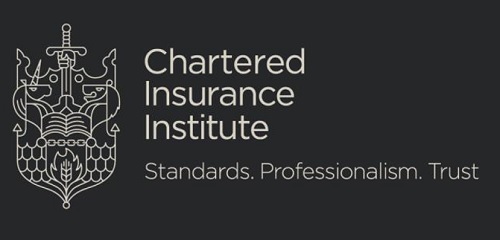Making mortgages easier

Choice is good. When buying a property, whether for yourself or as an investment, choice ensures you get the best deal. But when financing your property adventure, does it make your life easier? It can if you shortcut the hassle of shopping around for the right mortgage, which will be as well suited to you as the property you select.
More choices made simple
Needless to say, we can't stop mortgages eating up a big chunk of your income. But we can make the process of borrowing money seem far less complicated. Browse our website for information or call us to arrange a review of your mortgage needs if you are:
- Moving home or starting out on the property market
- Staying put, but looking around for a better deal
- Considering refinancing to extend or make improvements
- Considering consolidating other debts onto the mortgage
- Thinking about venturing into the buy-to-let market
With our support, you can take your time, compare and discuss different mortgage combinations, generating a shortlist from literally hundreds of mortgage products and lenders on the market.
Different Types Of Mortgage
The mortgage market has many types of mortgage available, these are the main ones on offer, with the potential advantages and disadvantages of each described.
Also known as capital and interest mortgages, Repayment mortgages are the traditional means of paying for a property so that eventually it becomes fully yours as a result of the payments. At the end of the term of a repayment mortgage you would, if payments have been kept up, owe nothing to the lender.
Your mortgage payments are divided into capital repayments which are repayments of the money you borrowed and interest payments which are repayments of the interest charged for the loan.
Every month you pay off some of the interest and some of the capital. The monthly repayments on a repayment mortgage will be greater than an equivalent interest only mortgage.
As the name suggests with an interest only mortgage you are only paying off the interest on the loan. The capital remains unpaid.
Typically, interest only mortgages run alongside an investment. The idea being that the investment grows to the value of the mortgage balance and is used to pay off the mortgage at the end of its term or even provide a surplus.
There is no guarantee that the investment will be sufficient to repay the outstanding amount at the end of the mortgage term which could result in your home being repossessed.
Proof of investment is usually required by the majority of lenders for residential interest only mortgages.
Fixed rate mortgages have an interest rate that remains the same for a period of time - usually between 1 and 10 years. After this period of time the interest rate reverts to a variable rate. The fixed rate is usually at a discount as an incentive to take out the mortgage.
The advantage of fixed rate mortgages is that there are no surprises for the duration of the fixed rate. The downside to this type of mortgage occurs if the Bank of England base rate or The London Interbank Offered Rate (Libor) falls, in which case you could end up paying more than you would have with a variable rate mortgage. Also if you want to leave before the agreed term the early redemption penalty is usually significant. For example you may be charged six months gross interest if you leave a five-year fixed rate agreement.
A variable rate mortgage is where the interest rate varies according to the Bank of England base rate or the Libor rate. A lender's variable rate is set above the base rate by usually 1 or 2%.
With this type of mortgage the upside is the same as the downside; the interest rate can go down, saving you money, or up, in which case your interest payments increase.
With a Capped rate mortgage the amount of interest you pay can go down if the variable rate falls but cannot go above a predefined maximum. The advantage is that the rate can never go above the capped rate and if the rate falls then you pay less.
The disadvantage of this type of mortgage is that there are only a limited number of these deals on the market and they can be less competitive than fixed or variable rates. There is also often an administration charge.
Lenders will offer a variable rate at a reduced initial rate or below their standard variable rate. After the agreed period, again one to five years typically, the rate reverts to the lender's standard variable rate. The interest rate during the discount period will go up and down in line with the standard variable rate. Disadvantages of this type of mortgage are obviously that the rate can go up and there are penalties for leaving early. It is possible that penalties may be charged for a period longer than the discount period. This is called overhang.
A tracker rate mortgage rises and falls in line with the base rate set by the Bank of England. The tracker mortgage rate is set at a standard percentage slightly higher than the Bank Of England base rate for a set period of time. Generally the rate is lower than the lender's standard variable rate product.
Because this type of mortgage tracks the Bank of England base rate, if the bank's base rate falls, the interest payments on your mortgage loan will fall accordingly, no matter how low the base rate goes. Don't forget however that the bank's base rate can rise as well as fall; which can make budget planning difficult.








